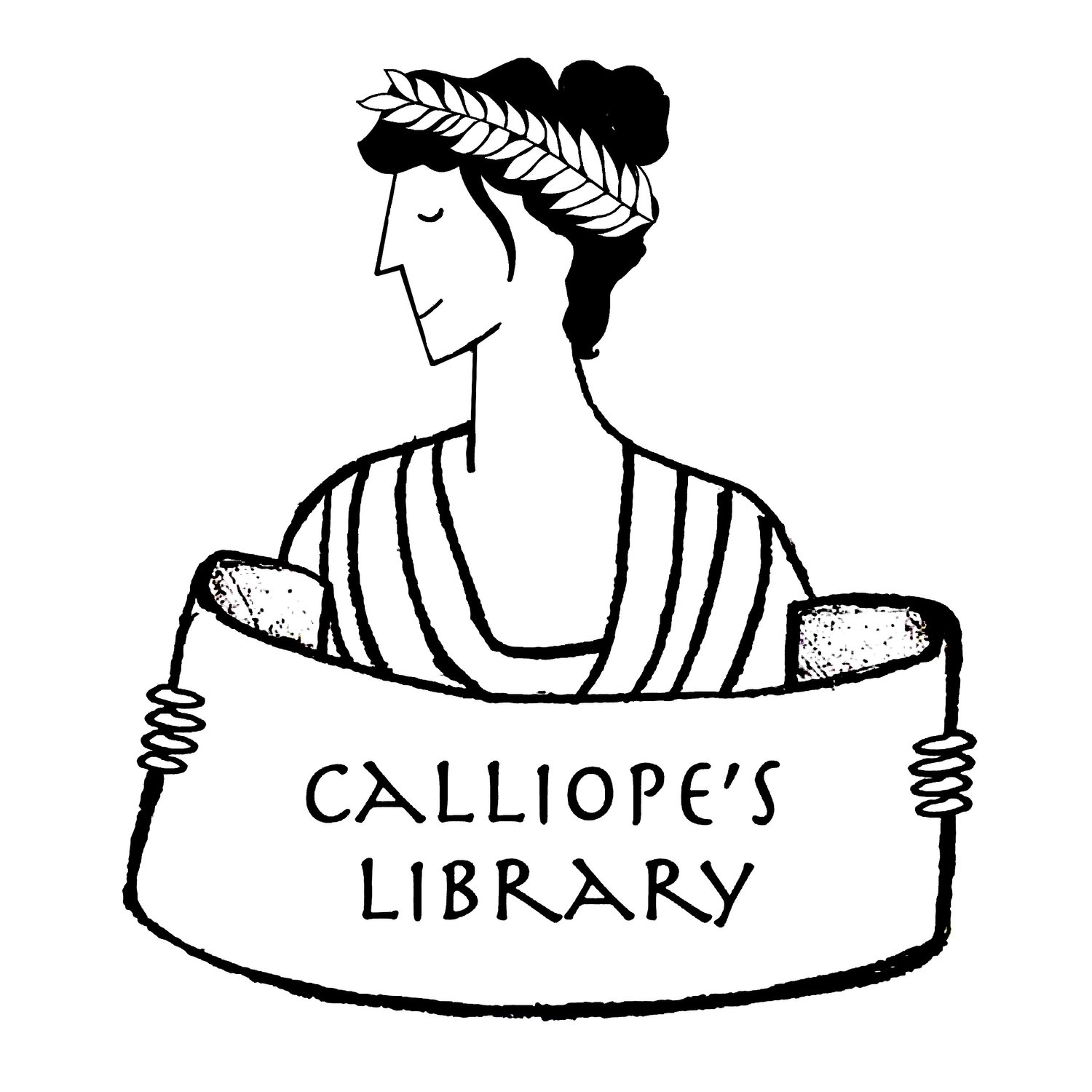Title: Hound of Hades (Beasts of Olympus vol. 2)
Author: Lucy Coats
Illustrator: Brett Bean
Date: 2015
Tags: Chapter book, Novel, Mythology, Arachne, Hades and Persephone, Orion, Orpheus and Eurydice, Ancient worlds, Male lead, Animal characters, English
Readers interested in a scholarly approach to children’s literature may consult this title on Our Mythical Childhood Survey*
Demon has been appointed Official Stable Boy of Olympus, and a beast keeper’s job is never done. Hades arrives to inform Demon that Cerberus, the guard dog of the underworld, has been sick ever since Hercules dragged him to the upper world. Demon only has one day to cure the infernal hound, or risk Hades’ wrath. Down in the underworld, things are in chaos. The hundred-armed monsters are about to break out of Tartarus, and there are living tourists everywhere getting in everybody’s way. Demon recruits some friendly denizens of the underworld to help him find ingredients for a healing potion, but will they make it in time, or will Demon be trapped in the underworld forever, being chased by hundred-armed monsters and Hades’ Skeleton Guards? It’s enough to make a stable boy miss shoveling monster poo.
Demon’s second adventure is every bit as delightful as his first. I missed the Olympian beasts and gods, but the cast of characters in the underworld is nearly as colorful. There are plenty of clever nods to underworld myths. Orpheus and Eurydice cuddle while Hades is distracted, and poor Demon spends the day wishing he had packed a lunch. My favorite thing, though, is Hades bemoaning all the live folks cluttering up his kingdom. Not only is it funny, but it’s also exactly what Hades complains about in some of the ancient texts. Brett Bean’s illustrations add a lot and keep things light-hearted. Just like Beast Keeper, Hound of Hades is a great read for mythology lovers of all ages. – Krishni Burns
* For further information on the Our Mythical Childhood Survey, please refer to the website of the project “Our Mythical Childhood” [link: http://omc.obta.al.uw.edu.pl/], led by Prof. Katarzyna Marciniak at the Faculty of “Artes Liberales,” University of Warsaw, Poland, with the participation of Bar Ilan University, University of New England, University of Roehampton, University of Yaoundé 1, and other affiliated scholars, within the funding from the European Research Council (ERC) under the European Union’s Horizon 2020 Research and Innovation Programme (grant agreement No 681202).


